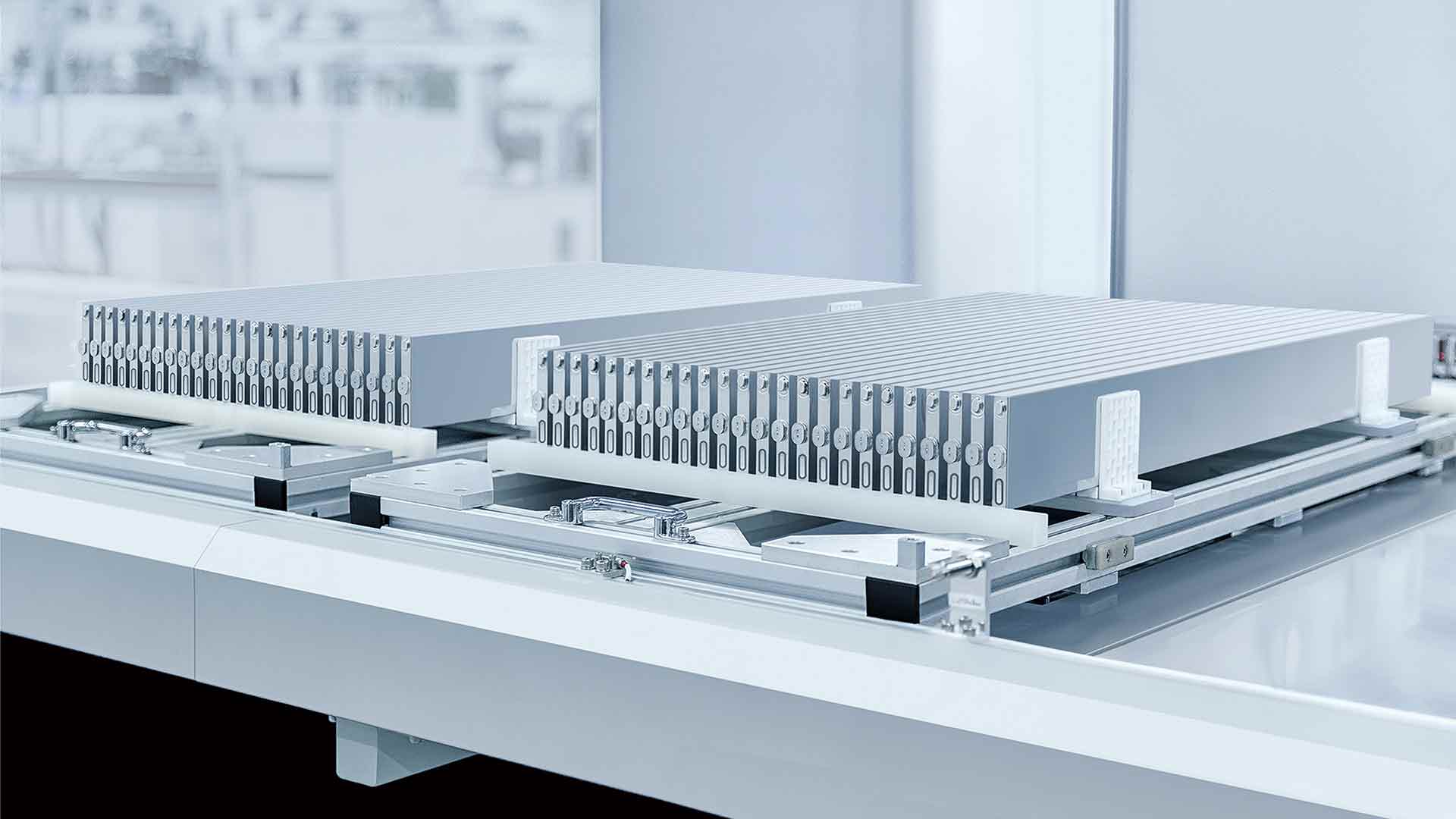The U.S. Department of Energy (DOE) is providing a significant loan of $670.6 million to Aspen Aerogels, a firm recognized for its fire-resistant materials designed for electric vehicle (EV) batteries. This considerable funding is aimed at finalizing Aspen’s new manufacturing plant in Georgia, where they create insulating materials specifically for EV batteries.
Tackling Battery Fires
Aspen Aerogels is addressing one of the more complicated challenges in the EV sector: the risk of battery fires. Though fires are less common compared to traditional gasoline cars, they present unique difficulties in electric vehicles because they can reignite even after being extinguished. The company’s heat-resistant materials, when integrated into battery packs, can help to slow or halt the spread of heat and flames, potentially averting catastrophic incidents.
Focusing on Safety
Jigar Shah, the leader of the DOE’s Loan Programs Office, emphasized the need to achieve the industry’s "critical battery safety goals." This funding initiative aligns with a broader effort to enhance the safety of EVs as more drivers choose these vehicles.
The primary objective of Aspen’s aerogel technology is to prevent thermal runaway, a dangerous cycle where heat and chemical reactions perpetuate one another, resulting in fires or explosions. By incorporating these thermal barriers between battery cells, automakers may contain issues to smaller sections of the battery, thereby diminishing the likelihood of a full vehicle fire.
Growing Demand
Major automotive brands like General Motors, Toyota, and Audi have already adopted Aspen’s materials in their electric vehicles. Aspen’s revenue in this sector has soared, increasing from $7 million in 2021 to an impressive $110 million by 2023, with projections indicating it could double once again in 2024.
The DOE loan will also facilitate the establishment of Aspen’s Georgia facility, with production slated to commence in early 2027. Once fully operational, the plant has the potential to supply materials for over two million EVs annually, significantly boosting the company’s manufacturing capabilities.
While these materials enhance safety, there is a slight drawback as they may reduce the energy density of batteries. However, due to the lightweight nature of aerogels, this downsides is less impactful compared to alternative solutions. Depending on how they are implemented, adding these thermal barriers could range in cost from $300 to $1,000 per vehicle.


Leave a Reply